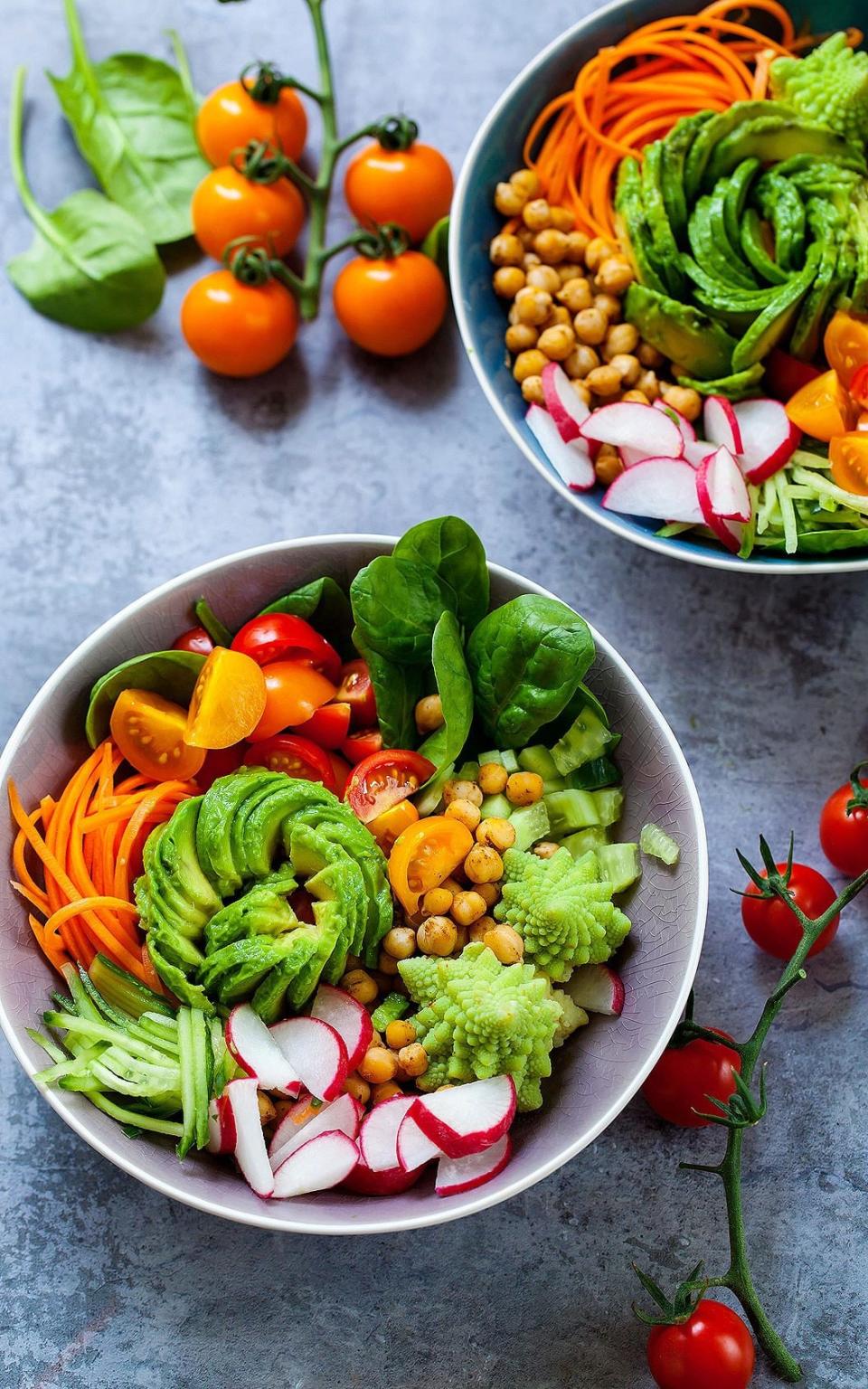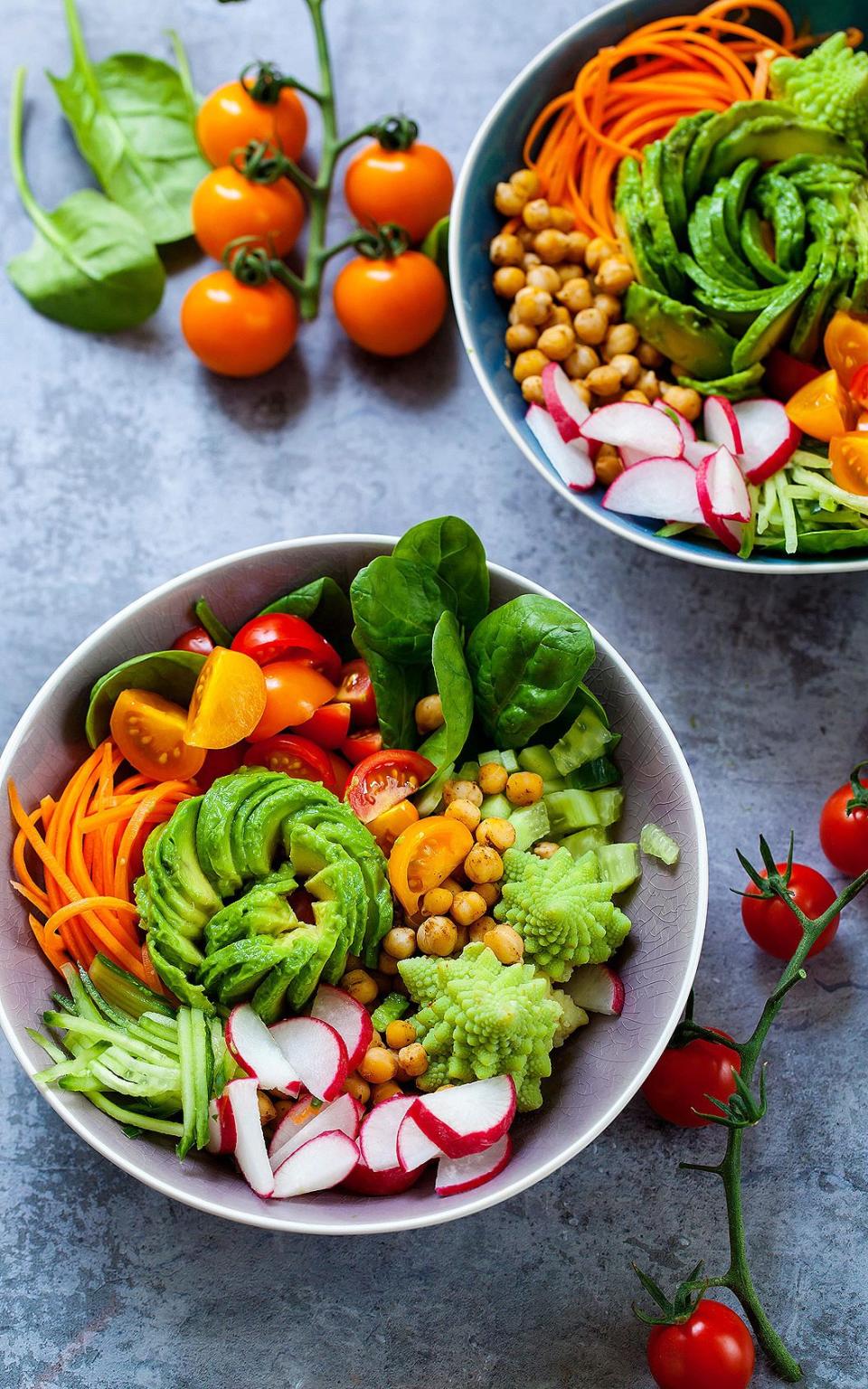Young shoppers drive organic food sales to a ten-year high
Demand for organic food is at its highest in more than a decade thanks to a surge in young shoppers coming into the market, according to traders.
Sales in organic products have increased by seven per cent in the past year, compared to a 12.5 per cent drop in 2008, and Tesco has recorded 15 per cent growth for 2016.
The young people are engaged with food, the environment and health
Paul Moore
Meanwhile, Waitrose, which lays claim to a 24 per cent share in the organics market, recorded a five per cent hike.
Organic Trade Board chief executive Paul Moore believes the "message is becoming better understood" by a "young audience".
The lobby group says around two per cent of food on the shelves is all-natural but, according to its 2015 survey, 48 per cent of families are consciously buying organic.
"It's all consumer driven," said Mr Moore, who wants the UK to catch up with Denmark, where organic boasts a market share of nearly 10 per cent.
"Shoppers perceive organic to be healthy, tasty and are deciding that it is worth the money. The organic message is becoming better understood, and all the evidence we see is it is increasing partly because of the young audience coming into the market.
"2015 predicted the market was mostly wealthy, older people, but we found 65 per cent of them had come into the market since 2009 after the recession.
"The young people are engaged with food, the environment and health. Also, Brexit is an opportunity for farmers to exploit, because we are quite successful in exporting, especially in dairy."
Thomas Bourne, who represents a large group of organic farmers as a business development consultant at the Carswell Group in the south west, told The Telegraph: "Young people are a large and growing part of the consumer base with, often, a larger disposable income, and they are more digital savvy, more noisy online, more vocal and more connected via social media."
Adam Wakeley, managing director of Organic Farm Foods, said "continued growth" in organic was "outstripping non organic foods by some margin".
Organic, according to The Department for Agriculture and Rural Affairs, is produced without fertilisers, pesticides and livestock feed additives.
Critics however say it is no more healthy, sustainable and environmentally friendly.
Arable mid-Essex farmer Chris Philpot, who won a lifetime achievement award last year for his education work in schools, said: "We are told by scientists that food from conventional farming is no less healthy and safe to eat than organic."
Only around 2.88 per cent of farmland is used for organic food production.

 Yahoo News
Yahoo News 

